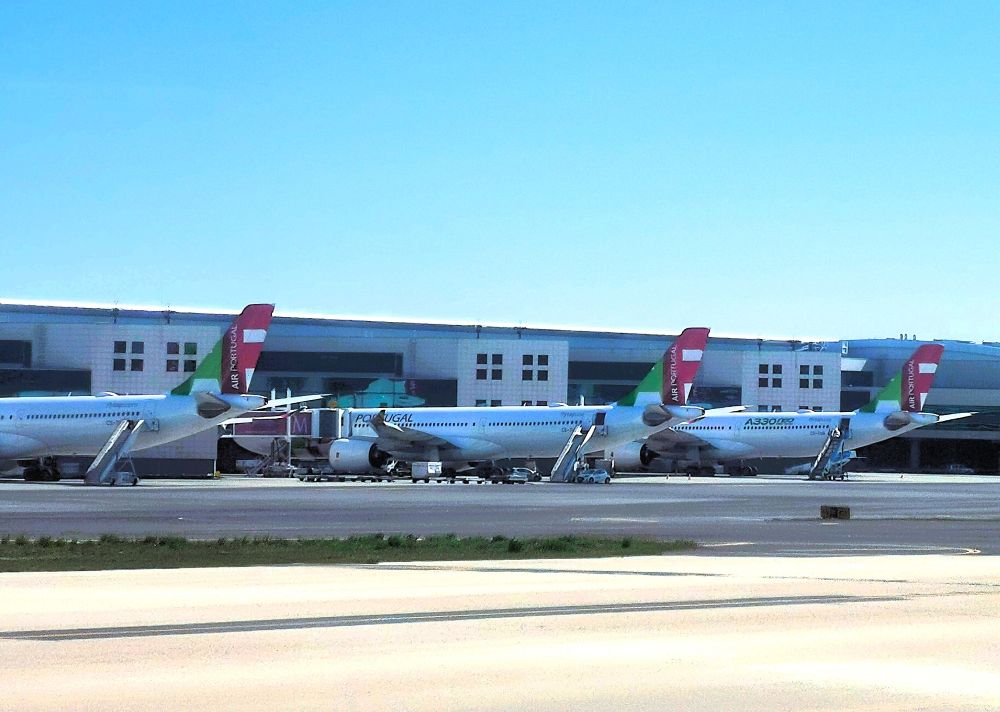Chinese students make brilliant tourists

Helena Beard is Managing Director of Guanxi, a travel PR and Representation agency specialising in China, and a Guest Contributor to TravelMole. Here she describes an opportunity open for all.
University towns are buzzing once more, with students returned to halls and back in the lecture theatres. In person learning is back and, with it, our much missed, international students.
But there are changes afoot. According to UCAS. for the first time this year, the number of Chinese students applying to UK universities will overtake applications from the sum total of ALL EU countries.
Can that really be true? It seems unbelievable that our universities attract more students from one country, four thousand miles away, than from 27 of our nearest neighbours. It goes against every Chinese tourism sentiment tracker I’ve ever read that so many are still willing to travel to a country with some of the highest Covid rates in the world. Clearly, we need to think differently when it comes to students. They are not travellers, they are not tourists.
Except that they most definitely are. Chinese students are absolutely brilliant tourists. And I’ll tell you why.
- They have lots of money. The average Chinese student has £1,050 to spend on leisure each month. That is after all accommodation and academic costs have been accounted for and is more than 4 times that of a domestic student. And many have much, much more.
- They can’t go back to China now they are here. Well, they can, but it will mean two weeks’ hotel quarantine at their own expense, plus further isolation and testing periods. And the flights are few and expensive. So we can assume the vast majority will be spending Christmas, Easter, Summer and all the weekends and reading weeks in between, here in the UK, stuck for things to do, and looking around for a quintessential European experience
Christmas market anyone?
- For many, these years are all about ‘freedom to experience’ as much as they are about study. Many Chinese students know that, once they graduate and go back to China, their futures are mapped out for them. They are unlikely to experience the same level of freedom and opportunity to explore the UK and Europe for many years to come, if ever.
- Cities need tourists this year and Chinese students love city breaks. Paris is the most popular destination, with over 70% of those we surveyed planning to visit during their studies. But, with students planning an average of three city breaks with a trip length of 6.2 nights, there’s plenty of opportunity for all our European cities.
- When they do something, they do it big. In the weeks following his exams, one of our Chinese interns went on a road trip with three friends to York, Edinburgh, the Highlands, Manchester and Wales. He went to three top dollar art exhibitions in London, explored the South Coast, ate at more five star fish restaurants than I knew existed, and even bought tickets to the Euro semi-finals. His trainers probably cost more than my entire wardrobe and he would say he wasn’t particularly unusual. He was also full of enthusiasm for the UK and shared all his experiences on his social networks.
In the year before the pandemic, there were 160 million tourists travelling overseas from China and most of my focus was on them. I now see that I should have also been looking closer to home.
Whilst the numbers may not be in the millions :150,,000 compared to the 800,000 who visit the UK in total, the difference is that the Chinese students are already here. It is a lot easier to persuade someone to hop on a train from London to York, or buy a cheap weekend in Athens or Budapest, than to board a plane from Shanghai to embark on a Grand Tour. These are impulse purchases. Decisions made last minute to fit around essay deadlines, inspired by social media, and, (given the right post on Red Book), with money no object.
High spending, experience seekers with a penchant for shopping and eating out, and the time to do it? Sounds just what our industry needs.
Graham McKenzie
Graham has demonstrable history of working in the leisure, travel & tourism industry. 20 years leading one of the worlds leading online B2B travel publishers TravelMole , non-executive director of UK's leading Travel Brand agency designate.com. Strong professional with a BSc (Econ) focussed on Economics from London School of Economics and Political Science.
Have your say Cancel reply
Chinese students make brilliant tourists – Support

Helena Beard is Managing Director of Guanxi, a travel PR and Representation agency specialising in China, and a Guest Contributor to TravelMole. Here she describes an opportunity open for all.
University towns are buzzing once more, with students returned to halls and back in the lecture theatres. In person learning is back and, with it, our much missed, international students.
But there are changes afoot. According to UCAS. for the first time this year, the number of Chinese students applying to UK universities will overtake applications from the sum total of ALL EU countries.
Can that really be true? It seems unbelievable that our universities attract more students from one country, four thousand miles away, than from 27 of our nearest neighbours. It goes against every Chinese tourism sentiment tracker I’ve ever read that so many are still willing to travel to a country with some of the highest Covid rates in the world. Clearly, we need to think differently when it comes to students. They are not travellers, they are not tourists.
Except that they most definitely are. Chinese students are absolutely brilliant tourists. And I’ll tell you why.
- They have lots of money. The average Chinese student has £1,050 to spend on leisure each month. That is after all accommodation and academic costs have been accounted for and is more than 4 times that of a domestic student. And many have much, much more.
- They can’t go back to China now they are here. Well, they can, but it will mean two weeks’ hotel quarantine at their own expense, plus further isolation and testing periods. And the flights are few and expensive. So we can assume the vast majority will be spending Christmas, Easter, Summer and all the weekends and reading weeks in between, here in the UK, stuck for things to do, and looking around for a quintessential European experience
Christmas market anyone?
- For many, these years are all about ‘freedom to experience’ as much as they are about study. Many Chinese students know that, once they graduate and go back to China, their futures are mapped out for them. They are unlikely to experience the same level of freedom and opportunity to explore the UK and Europe for many years to come, if ever.
- Cities need tourists this year and Chinese students love city breaks. Paris is the most popular destination, with over 70% of those we surveyed planning to visit during their studies. But, with students planning an average of three city breaks with a trip length of 6.2 nights, there’s plenty of opportunity for all our European cities.
- When they do something, they do it big. In the weeks following his exams, one of our Chinese interns went on a road trip with three friends to York, Edinburgh, the Highlands, Manchester and Wales. He went to three top dollar art exhibitions in London, explored the South Coast, ate at more five star fish restaurants than I knew existed, and even bought tickets to the Euro semi-finals. His trainers probably cost more than my entire wardrobe and he would say he wasn’t particularly unusual. He was also full of enthusiasm for the UK and shared all his experiences on his social networks.
In the year before the pandemic, there were 160 million tourists travelling overseas from China and most of my focus was on them. I now see that I should have also been looking closer to home.
Whilst the numbers may not be in the millions :150,,000 compared to the 800,000 who visit the UK in total, the difference is that the Chinese students are already here. It is a lot easier to persuade someone to hop on a train from London to York, or buy a cheap weekend in Athens or Budapest, than to board a plane from Shanghai to embark on a Grand Tour. These are impulse purchases. Decisions made last minute to fit around essay deadlines, inspired by social media, and, (given the right post on Red Book), with money no object.
High spending, experience seekers with a penchant for shopping and eating out, and the time to do it? Sounds just what our industry needs.
Graham McKenzie
Graham has demonstrable history of working in the leisure, travel & tourism industry. 20 years leading one of the worlds leading online B2B travel publishers TravelMole , non-executive director of UK's leading Travel Brand agency designate.com. Strong professional with a BSc (Econ) focussed on Economics from London School of Economics and Political Science.
Have your say Cancel reply
Subscribe/Login to Travel Mole Newsletter
Travel Mole Newsletter is a subscriber only travel trade news publication. If you are receiving this message, simply enter your email address to sign in or register if you are not. In order to display the B2B travel content that meets your business needs, we need to know who are and what are your business needs. ITR is free to our subscribers.



























































Airlines suspend Madagascar services following unrest and army revolt
Qatar Airways offers flexible payment options for European travellers
Airbnb eyes a loyalty program but details remain under wraps
Air Mauritius reduces frequencies to Europe and Asia for the holiday season
Major rail disruptions around and in Berlin until early 2026